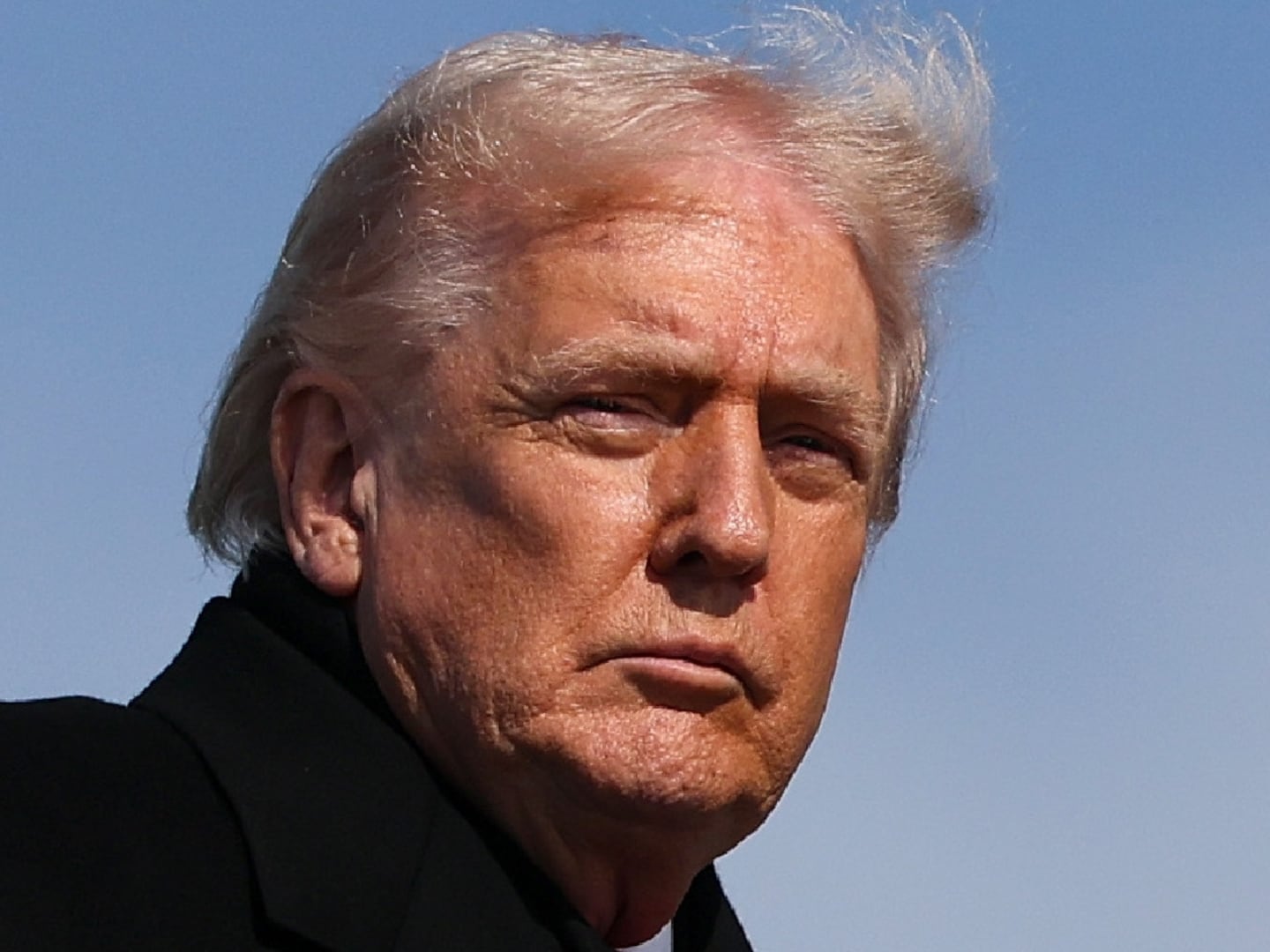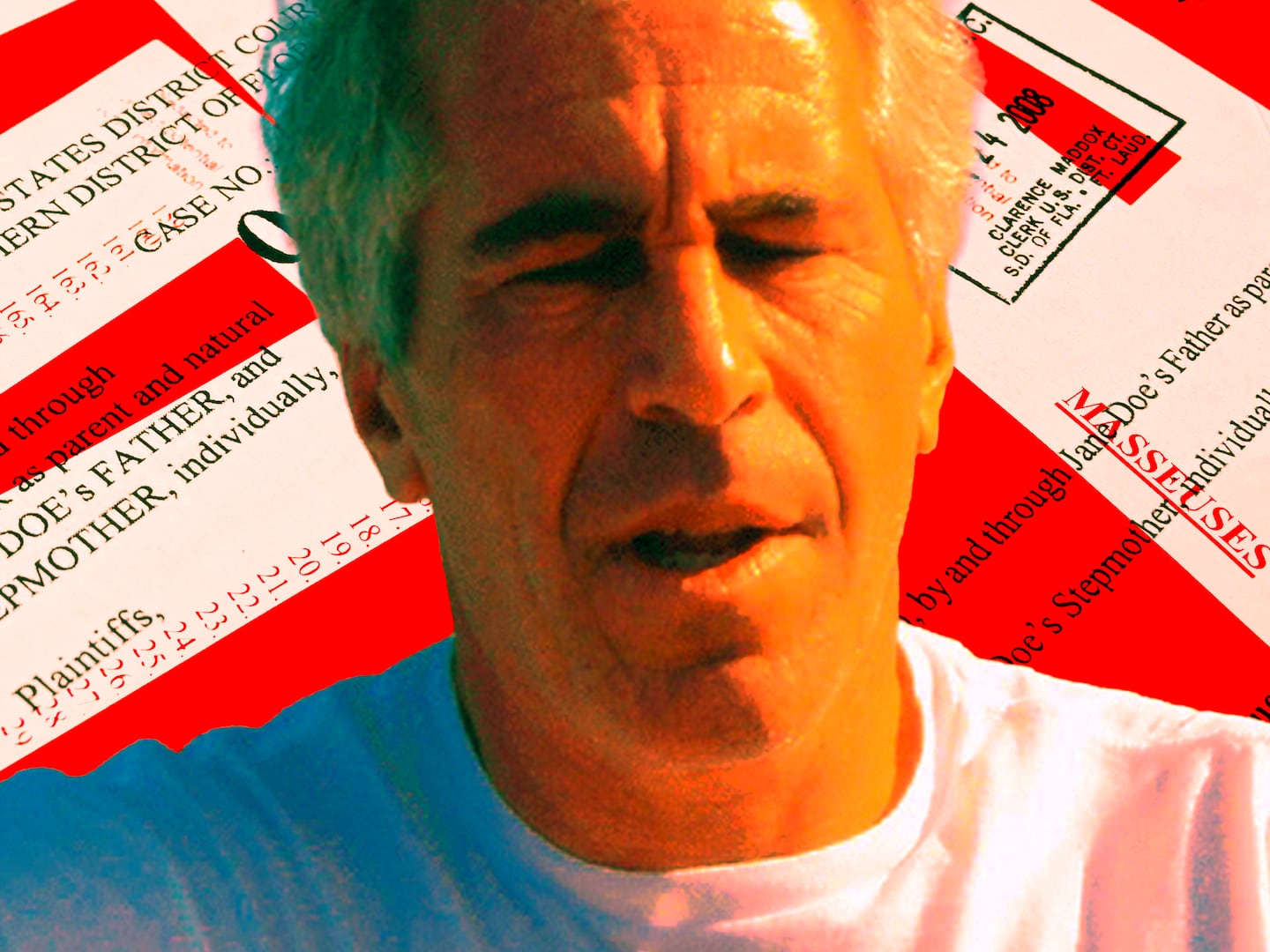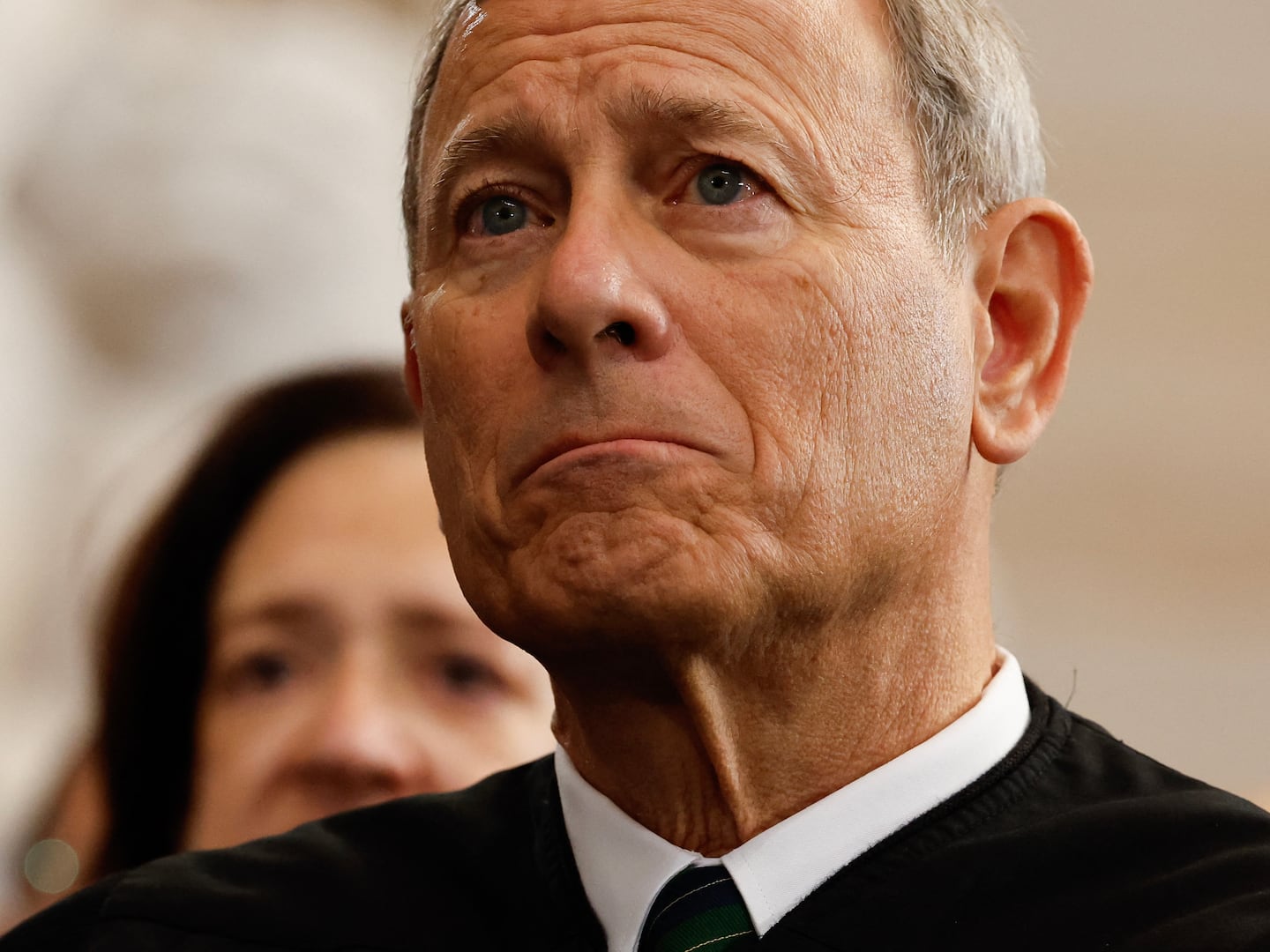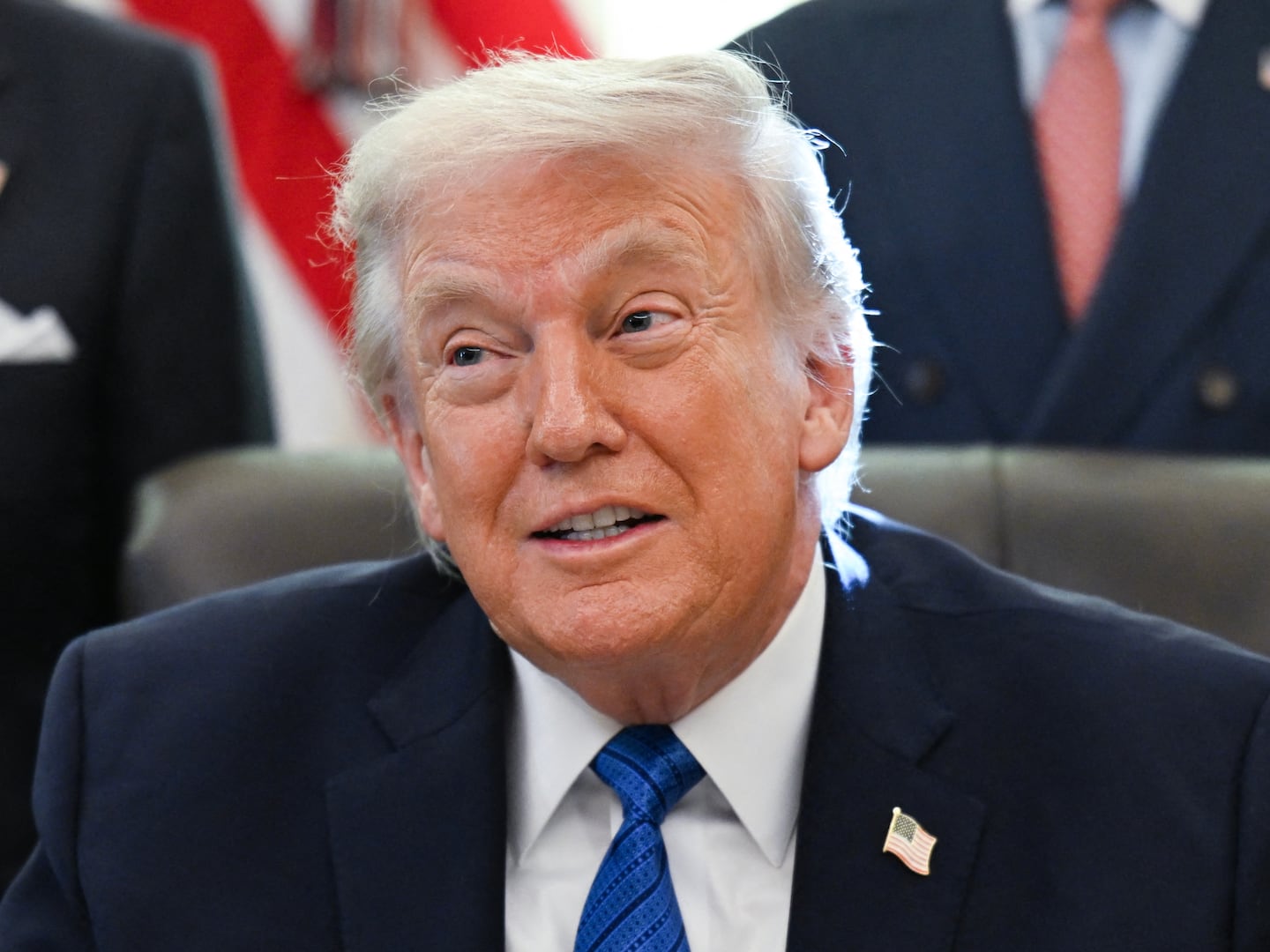On Sunday the nation will mark the 15th anniversary of the Sept. 11, 2001, attacks. Ceremonies will be held at “Ground Zero” in Manhattan, at the Pentagon in Washington, D.C., and in Shanksville, Pennsylvania, the site of the crash of Flight 93. The names of those murdered will be read at all three sites by relatives of the victims and others directly affected by the day’s events. A regular stream of documentaries promising unseen footage will do their best to return each of us to the shock and horror that we experienced that day and to recount the many acts of heroism and sacrifice. All of this is meant to remind us of our collective responsibility to remember and stem the tide of forgetting, but with each passing year it is becoming more and more difficult.
Much of the responsibility for our collective 9/11 remembrance remains with the families of victims. Indeed, the families of the victims are a key component in 9/11 remembrance and will continue to be so for the foreseeable future. I learned this firsthand during a visit to the 9/11 Memorial in New York City. My interest in visiting the site was motivated by a need to visit the place where my family lost one of its own. My cousin, Alisha Levin, worked as a vice president for human resources for Fuji Bank, which was located on the 82nd floor of the South Tower. Relatives visiting the site are given special passes, a personal escort, if requested, as well as a kit to etch the names on the memorial panels. Family members have been involved in every aspect of the development of “Ground Zero,” including the new museum, and they will be front and center in the many specials and interviews that will air over the next few days.
But even after only 15 years, we can already begin to see the break between living memory and history. Today’s high school students have no personal memory of September 11, and they have no experience of a Lower Manhattan dominated by the “twin towers.” Their understanding of what took place that day sits comfortably alongside the other violent historical moments discussed in their history classes. For these students September 11 is history. This divide between those who lived through that day and those who did not will continue to widen with each anniversary, but it is not something that we should lament or wish to slow down. It is inevitable and may even be a welcome outcome.
Many commentators in the wake of the 9/11 attacks referenced the Japanese attack at Pearl Harbor, which President Roosevelt insisted in front of a joint session of Congress would “live in infamy” with the American people. It certainly remained a vivid reminder of the nation’s sacrifice during World War II 15 years later, but its place in American memory gradually and inevitably shifted. Very few Americans now take the time each Dec. 7 to remember the 1,177 sailors killed on the USS Arizona, most of whose remains lie in the ship’s hull. The few news stories that do appear feature the few remaining World War II veterans, but at some point in the not-too-distant future we will have lost that final living link to World War II.

Some may insist that the fear of “Radical Islam” and hatred or suspicion of Muslims unleashed by the 9/11 attacks will help to keep the memory of September 11 alive as a “day which will live in infamy.” This is doubtful. Americans refused to purchase German automobiles in the ’50s, but the country was engaged in a process of reconciliation with both Germany and Japan by the end of the decade. That process was encouraged in the case of the former as a result of a shared enemy in the Soviet Union. Germany admitted its guilt and took steps to come to terms with its past. No such contrition took place in Japan during the postwar period. Indeed, Japan continues to struggle with admitting to war crimes committed between the start of the Sino-Japanese War in 1937 and Japan’s surrender in 1945.
And yet few, if any, Americans harbor negative thoughts that surface each year on Dec. 7. Americans rallied, along with the rest of the world, to help Japan following the tsunami that struck the island in 2011 and that relief was not tempered in any way by the memory of Pearl Harbor.
There is no immediate danger of Americans forgetting 9/11, but at some point our collective memory, with its emphasis on recalling the visceral emotions experienced that day, will shift to a more detached perspective that situates the event within a broader historical context.
We can see this in the evolution of our own collective memory of the American Civil War. For the first few decades after the war ended, remembrances involved the veterans on both sides of the divide. These men, both the living and the recently deceased, served as a direct link to the past, and remembrance ceremonies were overwhelmingly focused on their heroism and sacrifice. Reunions with former comrades and even with former enemies ensured that the war would be framed around shared personal experiences.
For white Southerners, the celebration of veterans assuaged the pain of battlefield defeat and the end of slavery. Northerners saw their soldiers’ sacrifices as necessary for the preservation of the Union. The losses suffered by African-American families came to be seen as part of a painful but promising narrative that led them from slavery to full citizenship in a newly restored nation. The sheer number of cemeteries, monuments, and memorials that dot our landscape bears witness to the visceral effects of loss, as well as survivors’ need to make sense of it in ways that allowed them to forge ahead.
With the death of the Civil War generation, our collective memory gradually became more detached and academic. Something personal was lost in that transformation, but the new perspective was much more conducive to understanding the war’s complexity. Only in the last few decades have Americans been willing to deal with the tough questions of race and slavery and their roles in shaping not only the war but the short- and long-term consequences of the conflict. These explorations would have been unthinkable among the Civil War generation.
At some point, the generation that lived through the events of 9/11 will hand over the burden of remembrance to a new generation of Americans. Their interpretation of the event will be informed by a more remote reading of the historical record, which will inevitably shape new forms of remembrance and commemoration. Contentious subjects such as the cause and consequences of the attacks will be debated in ways they may not be today.
Kevin M. Levin is a historian and educator based in Boston. He is the author of Remembering the Battle of the Crater: War as Murder (2012) and is at work on Searching For Black Confederate Soldiers: The Civil War’s Most Persistent Myth. You can find him online at Civil War Memory and Twitter @kevinlevin.






